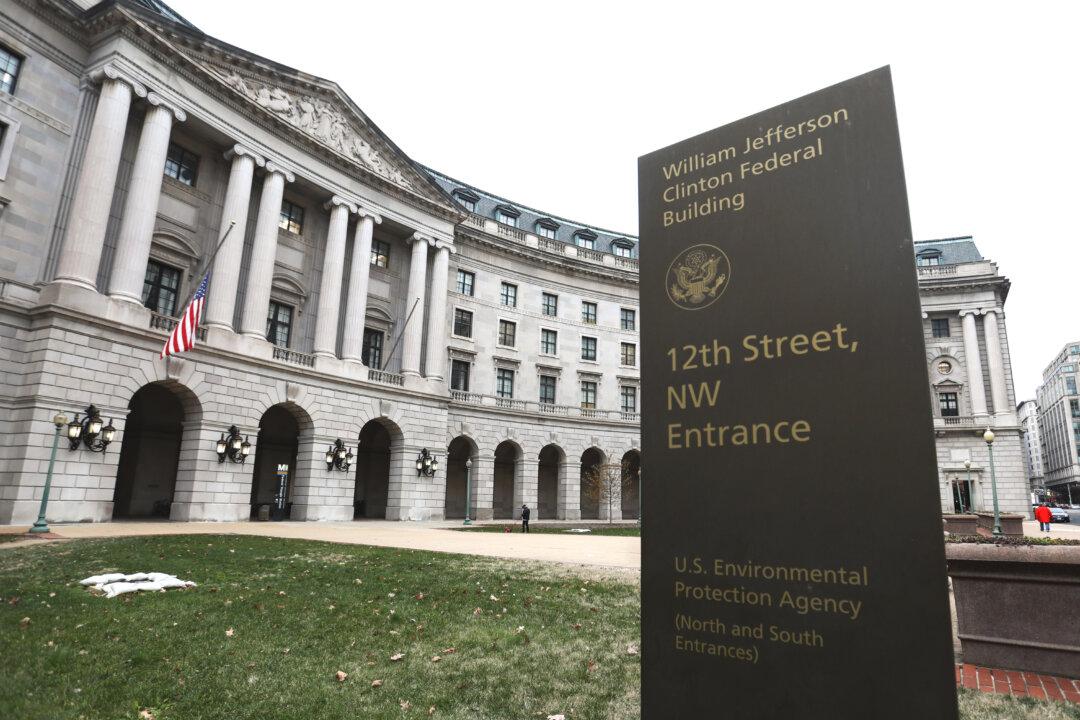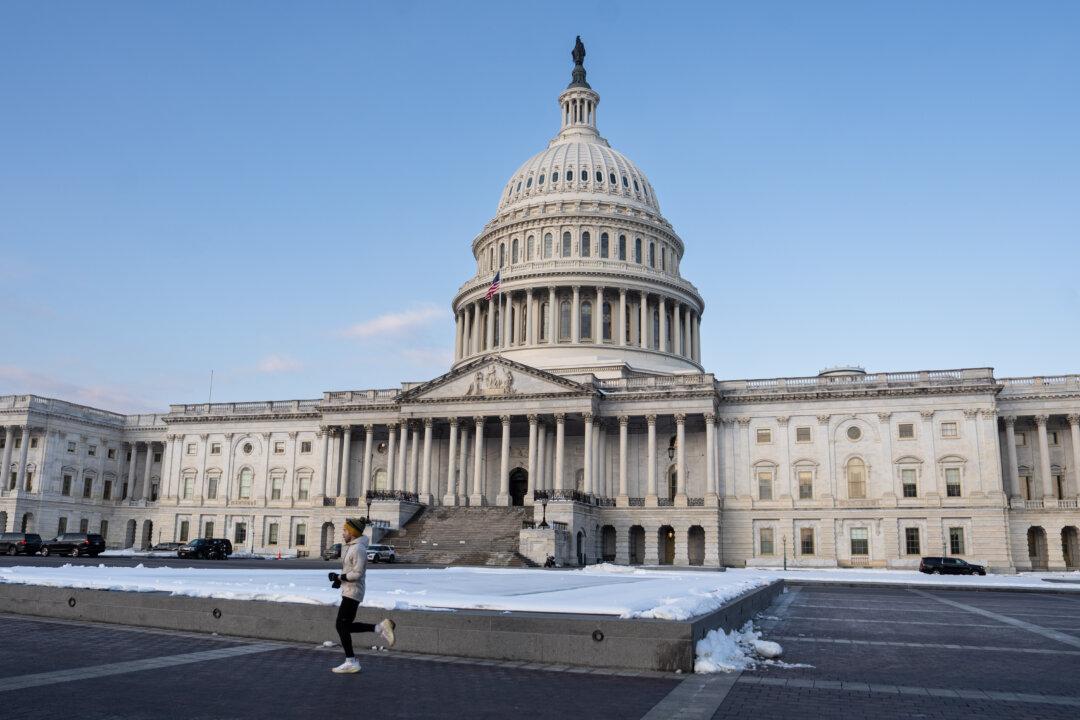The House is no longer “Waiting for Goffman,” a top Environmental Protection Agency official who appeared before Congress on June 21 after declining to show up to a similar May 17 hearing.
In both cases, the House Committee on Oversight and Accountability wanted the Office of Air and Radiation’s Joseph Goffman to discuss his agency’s proposed tailpipe emissions rules.





